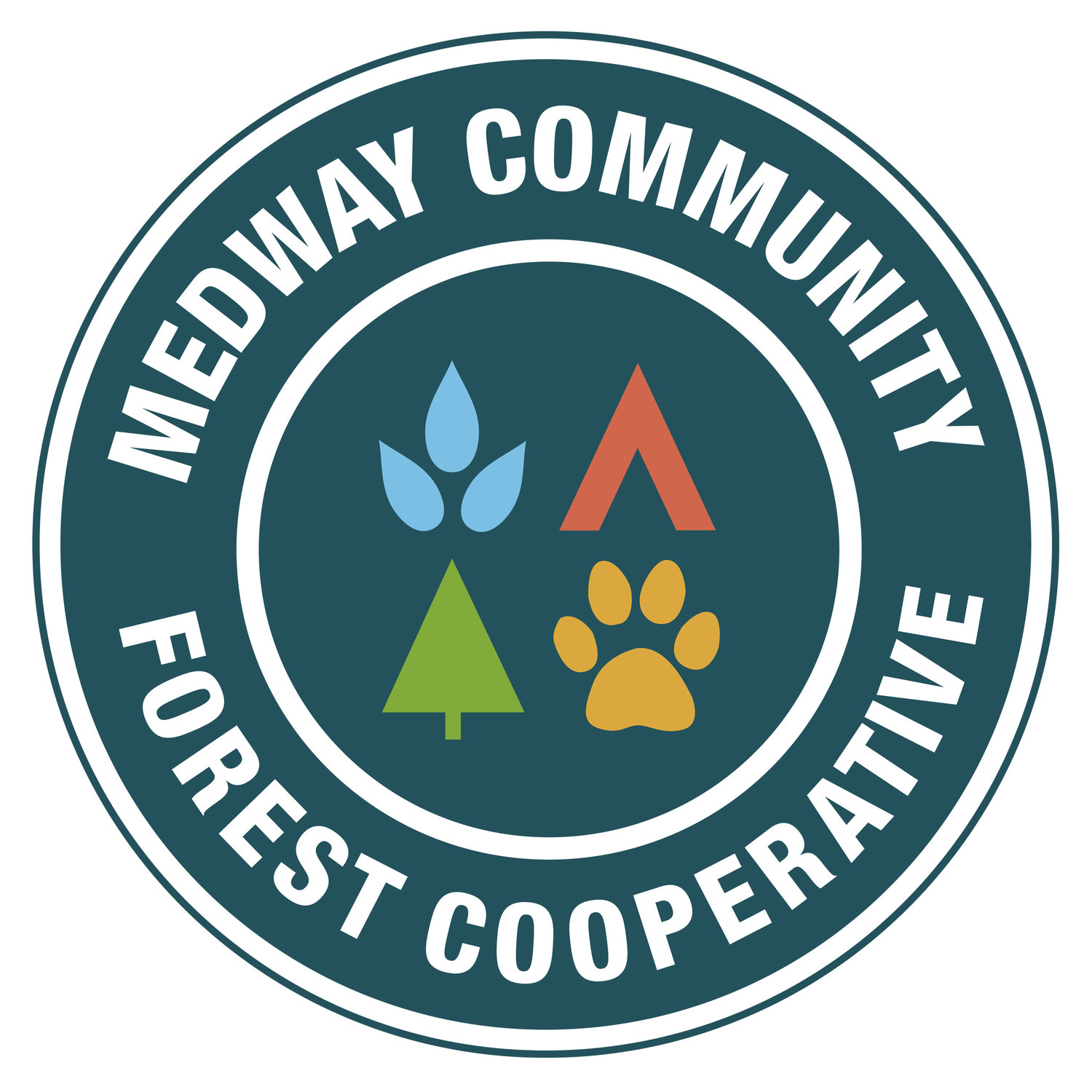Singing Season in Medway: What Spring Birdsong Reveals About Our Forests
Each spring, as the snow slowly melts and the days grow longer, something magical begins to unfold in the woods of the Medway license area — the forest starts to sing.
Known as Singing Season, this special time of year marks the return of migratory birds to our region. From the clear, fluty call of the thrush to the cheerful chattering of warblers, the forest canopy becomes a symphony of birdsong. It’s more than just a beautiful soundtrack to a walk in the woods — Singing Season is a vital part of our forest’s natural rhythm, and a key indicator of ecological health.
(Photos by Jason Dain)
Every spring, logging operations across Nova Scotia disrupt the nesting season for migratory birds. A simple shift—pausing forestry work from mid-May to July—could help protect countless nests during this critical window.
The Singing Season halts machine operations in the peak breeding season, which otherwise may interfere with breeding birds or destroy bird nests, eggs, or breeding territory. Before 2022, the MCFC used the term ‘Silent Season’ for the month of June, but as of 2022, we’ve adapted it to ‘Singing Season’, extending it from May 15th to July 15th with additional management practices to implement ecological forestry that maintains or restores forest habitat and wildlife features.
Matt Betts, a professor of forest ecology at Oregon State University, is studying the decline of bird species caused by deforestation in the Maritimes and the replacement of diverse Acadian forests with simplified forests. A study by Betts and colleagues titled ‘Forest Degradation Drives Widespread Avian Habitat and Population Declines’, published in 2022 in the Nature Ecology & Evolution Journal, shows some species have seen a population decline of up to 70 per cent since 1985. More common species have seen a decline of 50 per cent.
(Photos by Jason Dain)
A long history of intensive forest management has resulted in forest simplification in many places, with reduced diversity of tree species, ages, heights, standing dead wood, and other complexities that you would expect to find in the Acadian Forest. Today’s forests are generally younger, often comprised of early successional species, and lack habitat features important for upholding biodiversity.
A temporary pause in forestry activity not only benefits breeding birds and supports biodiversity across our license area but also respects legal protections under the Migratory Birds Convention Act, which safeguards migratory birds, their nests, and habitats during critical periods. Road building during a wet season can be detrimental to soil health and hydrology, as well as expensive if the road needs to be redone or repaired quickly as a result of poor timing. Summer harvests, which may dramatically change available sunlight in the woodlot, can damage new seedlings and affect the density of some softwoods harvested later in the year.
This spring, we encourage you to slow down, listen closely, and tune in to the forest. Whether you're an experienced birder or a curious newcomer, the singing season is the perfect time to connect with nature and learn more about the feathered friends in our woods.
Want to celebrate Singing Season in the MCFC license area?
Join our upcoming event, Focus on Birds: A Guided Bird Walk on Sunday, May 25, from 7:00-9:00 AM. Led by Dr. Cindy Staicer, a Species at Risk bird researcher, and Jason Dain, a professional wildlife photographer, you'll learn to identify at risk birds and capture stunning wildlife photos. This event is perfect for both seasoned birders and newcomers looking to connect with nature. You can register for this event through the link below.


